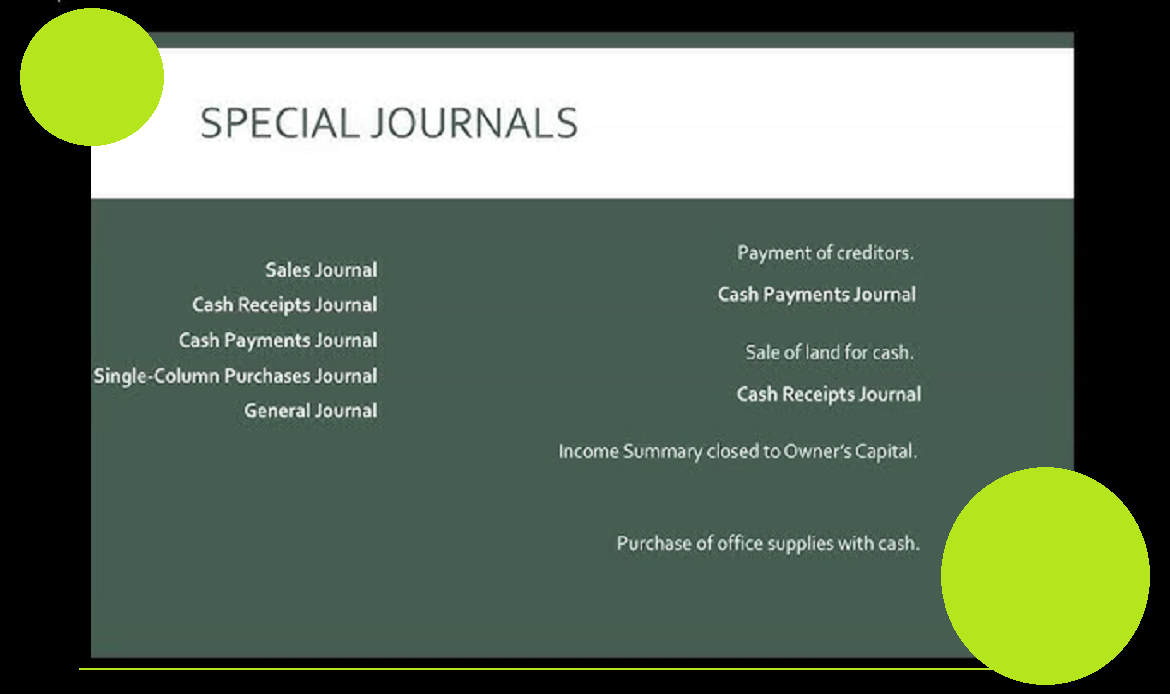The capital gains that an entity realizes when it sells its capital asset(s)- that have already increased in value to a level exceeding the original acquisition/ purchase costs for the respective asset(s). Examples of capital assets include a stock position or a commodity (e.g., gold), that has been sold for money (monetary assets). Realization of capital gains implies derecognition of respective assets (or in other words, closure of a position or an act of exit).
While an asset may be held by an entity and presented on its balance sheet at a value far above cost, any gains in value, while the asset is still being held, are considered paper gains- that is, the gains remain unrealized, and the asset is carried at fair value. If an asset is sold for a price exceeding its cost, a realized gain results. And if selling an asset results in a loss, an entity incurs a realized loss.





